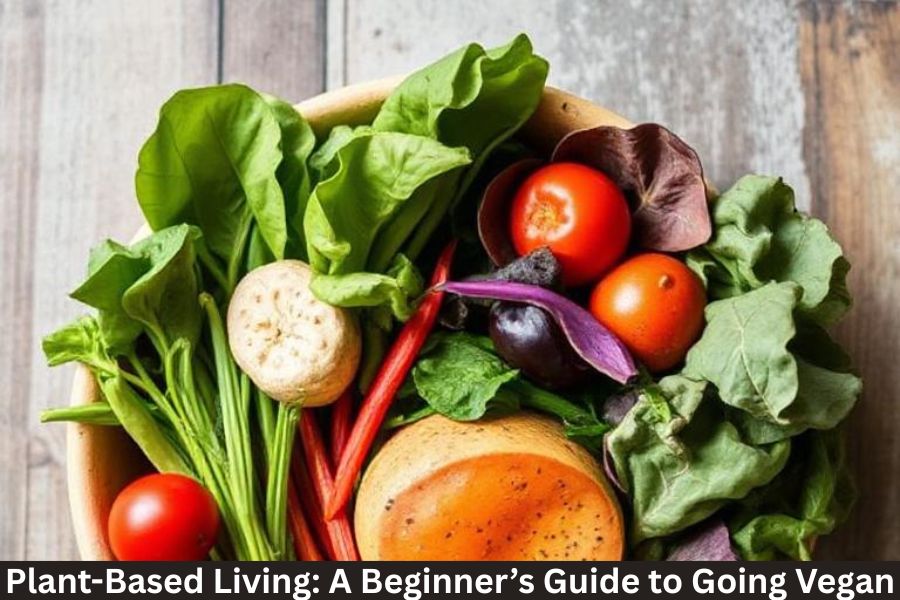Let’s face it—between work, family, errands, and everything else life throws your way, planning healthy meals can feel like a luxury you don’t have time for. But the truth is, with the right strategy, meal planning can save you time, money, and stress, even on your busiest days.
If you’re tired of scrambling for last-minute dinner ideas or relying on takeout, this guide shares simple, practical meal planning hacks designed specifically for busy people like you.
Why Meal Planning Matters (Especially When You’re Busy)
When done right, meal planning helps you:
- Save time during the week
- Reduce grocery trips and food waste
- Stay on budget
- Eat healthier with less stress
- Avoid the “what’s for dinner?” panic
Top Meal Planning Hacks for Busy Schedules
1. Plan Once, Eat All Week
Set aside 30–45 minutes once a week to:
- Choose your meals
- Make a shopping list
- Check your fridge and pantry for what you already have
Pro Tip: Pick a consistent day for planning (e.g., Sunday afternoon or Friday night) and stick to it.
2. Cook Once, Eat Twice (or More)
Double recipes so you have leftovers for:
- Tomorrow’s lunch
- Another dinner later in the week
- Freezer storage for a busier time
Casseroles, soups, chili, and grain bowls are perfect for batch cooking.
3. Use the “Mix & Match” Method
Choose a few base ingredients that can be reused in different meals:
- Grains (rice, quinoa, pasta)
- Proteins (chicken, tofu, beans, tempeh)
- Veggies (roasted, sautéed, raw)
Then mix them up with different sauces or seasonings for variety throughout the week.
4. Freeze in Portions
Use freezer-safe containers or silicone bags to freeze:
- Pre-cooked proteins
- Chopped vegetables
- Soups and stews
- Smoothie packs
- Sauces or marinades
Label everything with dates for easy access and rotation.
5. Create a Go-To Recipe Bank
Keep a list (physical or digital) of quick, reliable recipes your household loves. Include:
- Cook time
- Ingredients
- Whether it’s freezer-friendly or not
This helps when you’re too busy or tired to make decisions.
6. Prep Ingredients (Not Just Meals)
You don’t have to cook full meals ahead. Instead, prep:
- Washed and chopped veggies
- Cooked grains
- Hard-boiled eggs
- Salad dressings
- Marinades
These “building blocks” make weekday cooking faster and easier.
7. Stick to the 3-2-1 Rule
For a week of meals, plan:
- 3 core dinners you can batch or reinvent
- 2 easy meals (like tacos, stir-fry, or breakfast-for-dinner)
- 1 no-cook night (leftovers, salads, or freezer meal)
This keeps things simple and sustainable
8. Shop with a Master Grocery List
Organize your shopping list by category (produce, pantry, dairy, etc.) and base it on your plan for the week.
Apps like AnyList, Mealime, or Paprika can make this process smoother.
9. Theme Your Nights
Create a rotation that reduces decision fatigue:
- Meatless Monday
- Taco Tuesday
- Slow Cooker Wednesday
- Leftover Thursday
- Pizza Friday
Themes keep meals fun, balanced, and easier to plan.
10. Keep Emergency Meals on Hand
Always stock your pantry or freezer with a few 10-minute meal backups:
- Canned beans + rice + salsa = burrito bowl
- Pasta + jarred sauce + frozen veggies = instant dinner
- Frozen veggie burgers + salad = quick lunch
These save the day when life gets chaotic.
FAQs
Q1: How far in advance should I meal plan?
Most people plan for 5–7 days at a time. You can also plan for 2–3 days if you prefer fresher food or have an unpredictable schedule.
Q2: Do I need to prep everything on Sunday?
Not at all! You can break prep into smaller sessions (e.g., chopping veggies Monday, cooking grains Tuesday).
Q3: What if I get bored of the same meals?
Use spice blends and sauces to remix basic ingredients. Also rotate your recipes every 2–3 weeks.
Q4: Is meal planning budget-friendly?
Absolutely. It helps avoid food waste and reduce impulse purchases.
Q5: Can I meal plan if I live alone?
Yes! Focus on 2–3 flexible meals you can repurpose or freeze.



